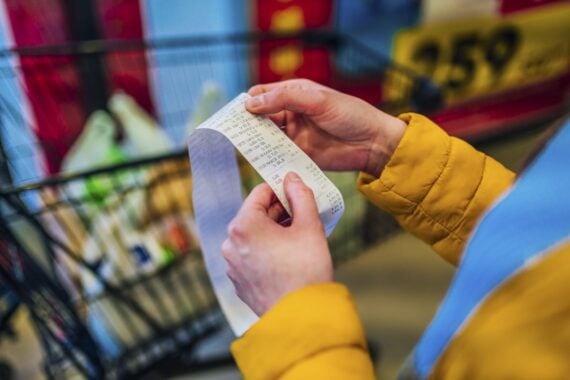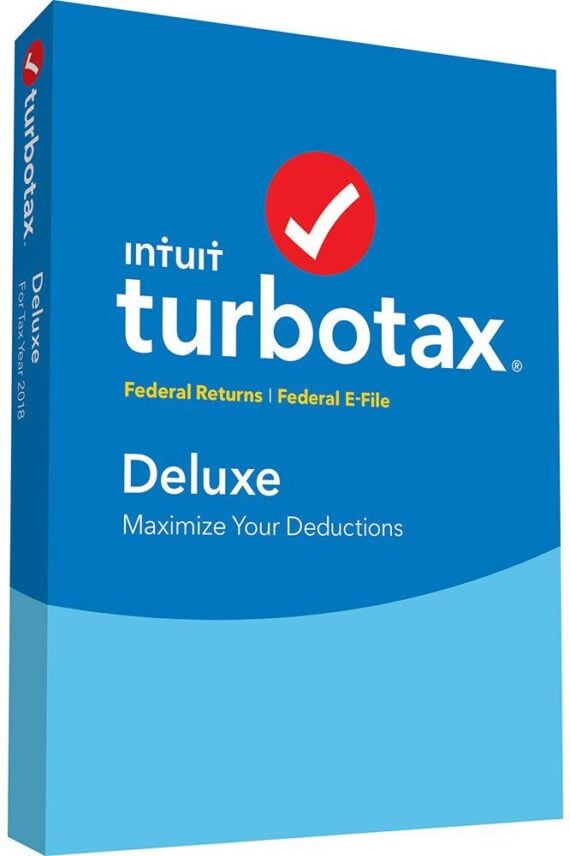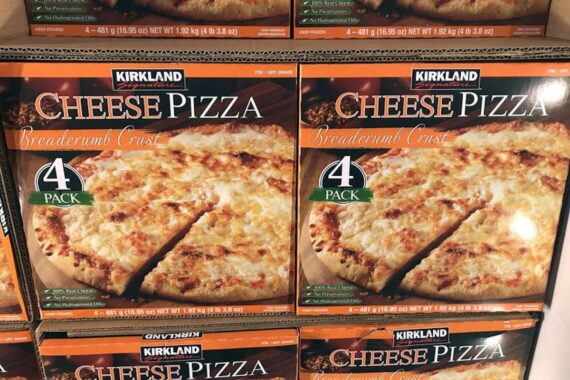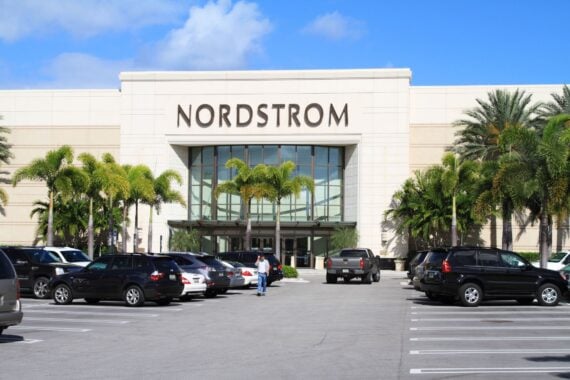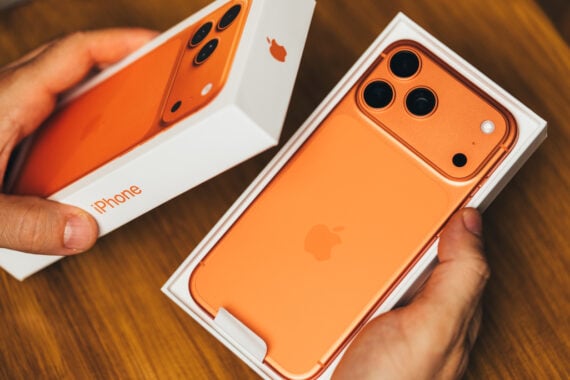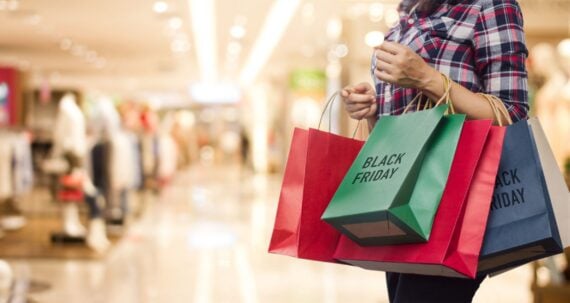The labor market may be tight, but nearly two-thirds of Americans are still living paycheck to paycheck, scraping together just enough money to catch up with inflation. If that’s you — and remember that most of us are struggling to some extent — then one surefire way to balance your budget is to cut spending. And we’ve got just the list for you: 15 things you should never buy (or use) if you’re struggling to make ends meet.
Editor’s note: This story was updated in July 2024
1. Bars
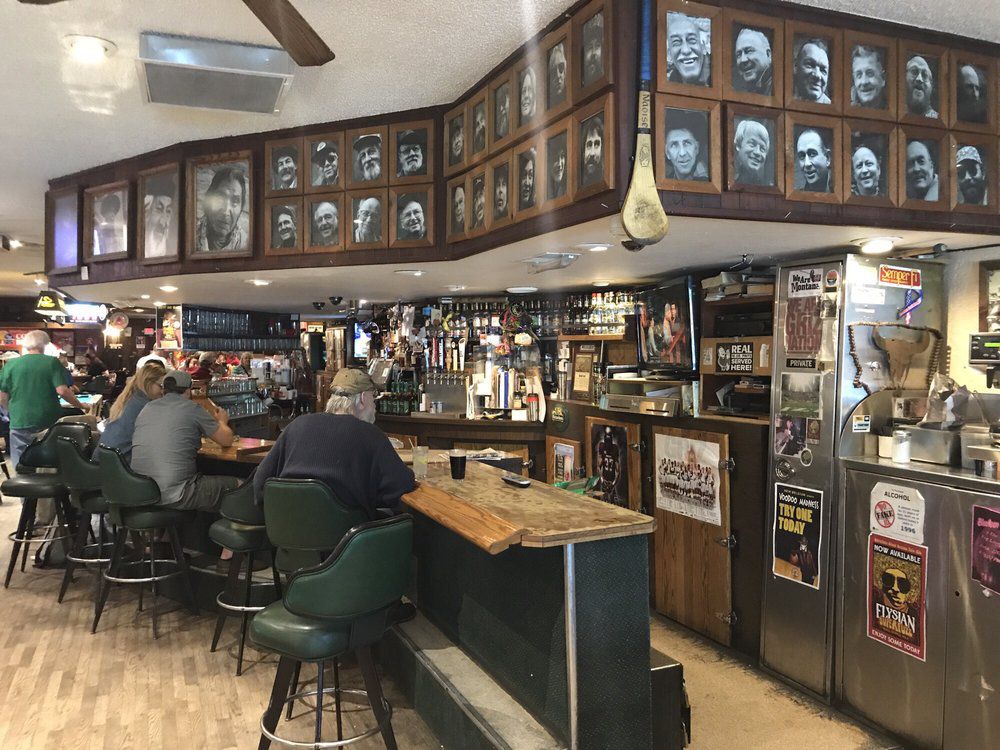
Yes, going out to grab a drink can be a social outlet — but it can also be a waste of money. Consider a drink at home (invite over a friend if need be) to save money.
2. Credit Cards
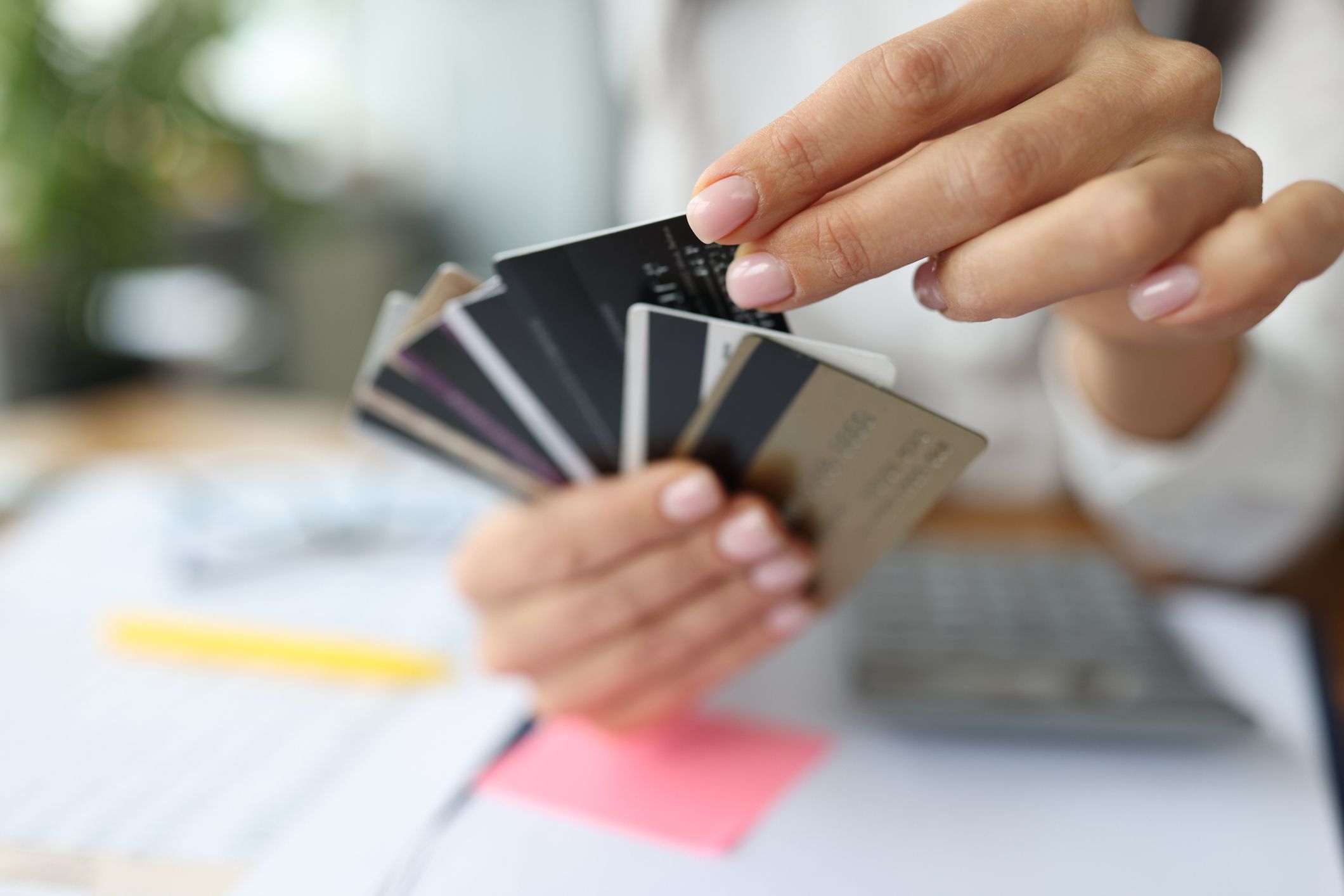
When you’re broke, it’s all too easy to swipe on a purchase — and ignore the interest-laden debt when it comes due. If you’re pressed for money, use cash or checks when at the grocery store or buying necessary items. You’re not as likely to grab anything you don’t need, and you won’t be racking up interest, either.
3. Unused Gym Memberships

Working out is great for your health, but if you don’t go to your gym you’re throwing money away. Look into quitting (and don’t let the salespeople sweet-talk you into staying). Consider free choices like walking or running, and consider weight lifting at home. You might be surprised by how much a gallong of milk or can of soup weighs.
4. Skincare Products
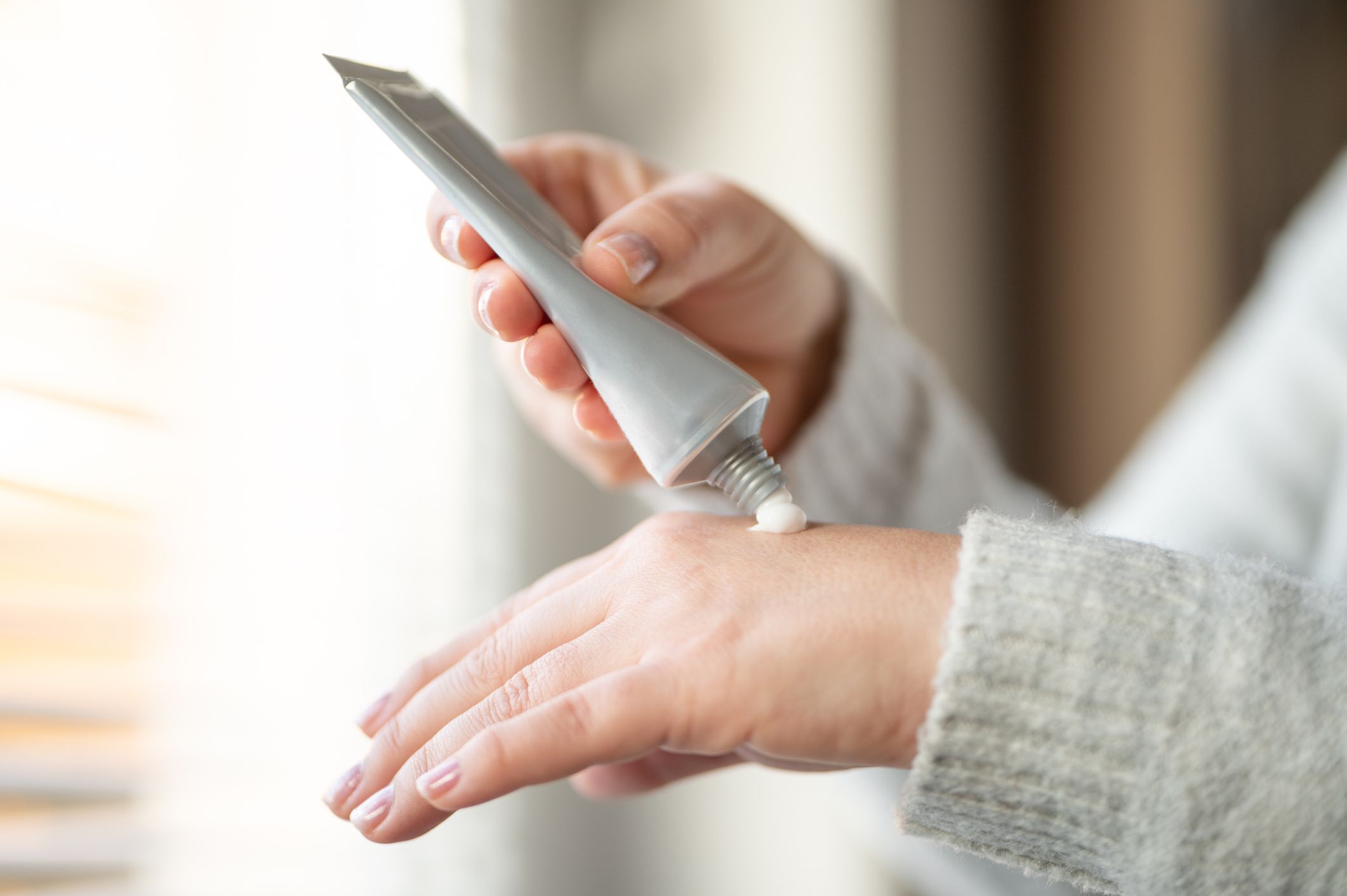
You might be attached to your nightly routine of slathering on moisturizer or cream. but take a close look at what you’re spending each time you restock. While the container might be small, it’s probably pricey. Look into cheaper choices or, if possible, go without.
5. Takeout
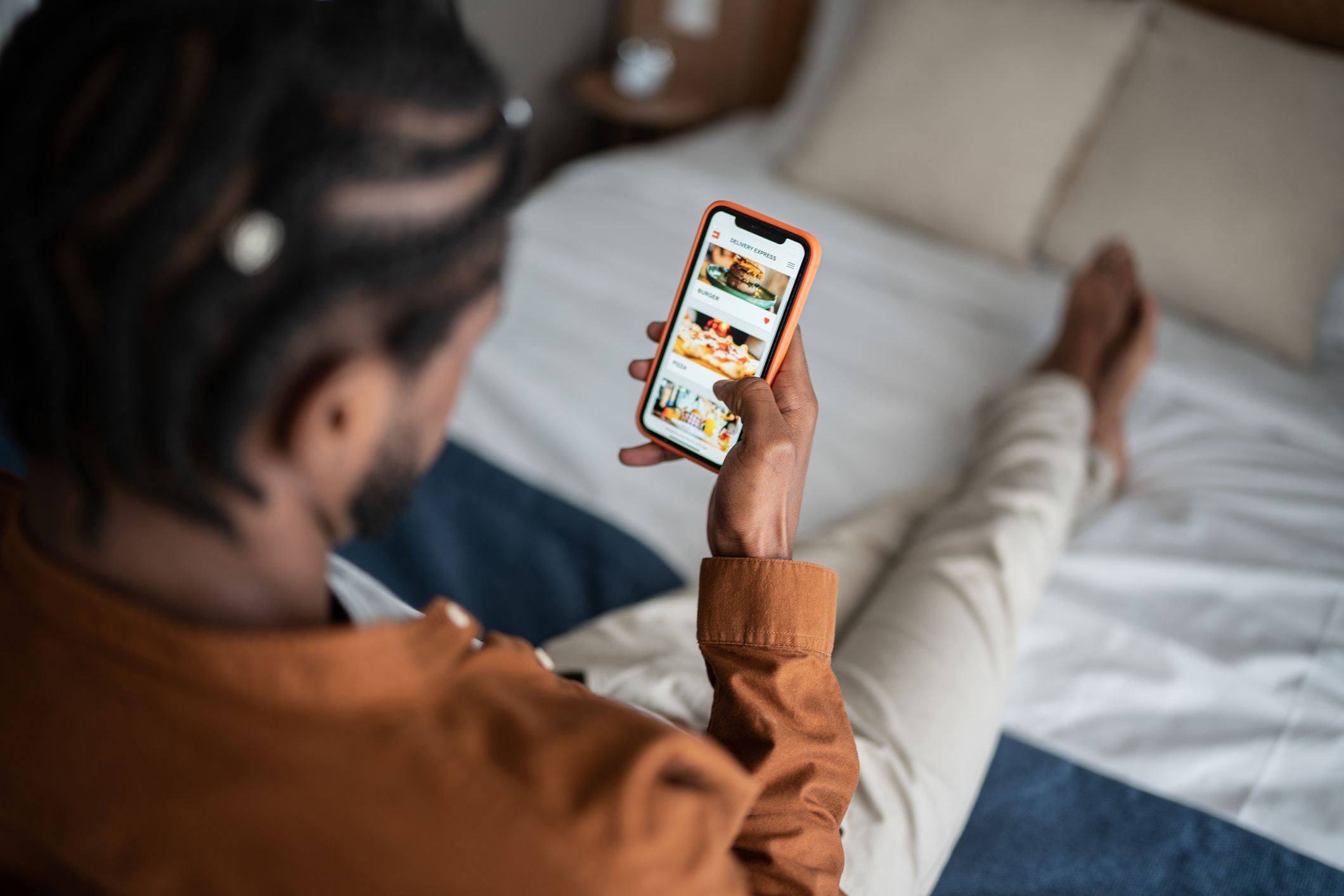
If you’re strapped for cash, don’t eat out. That means no takeout and absolutely no delivery. Instead, you can chef it up at home with a few cheap, easy, and healthy recipes from sites like Budget Bytes or the Eat Cheap and Healthy subreddit.
Trending on Cheapism
6. A Brand-New Car
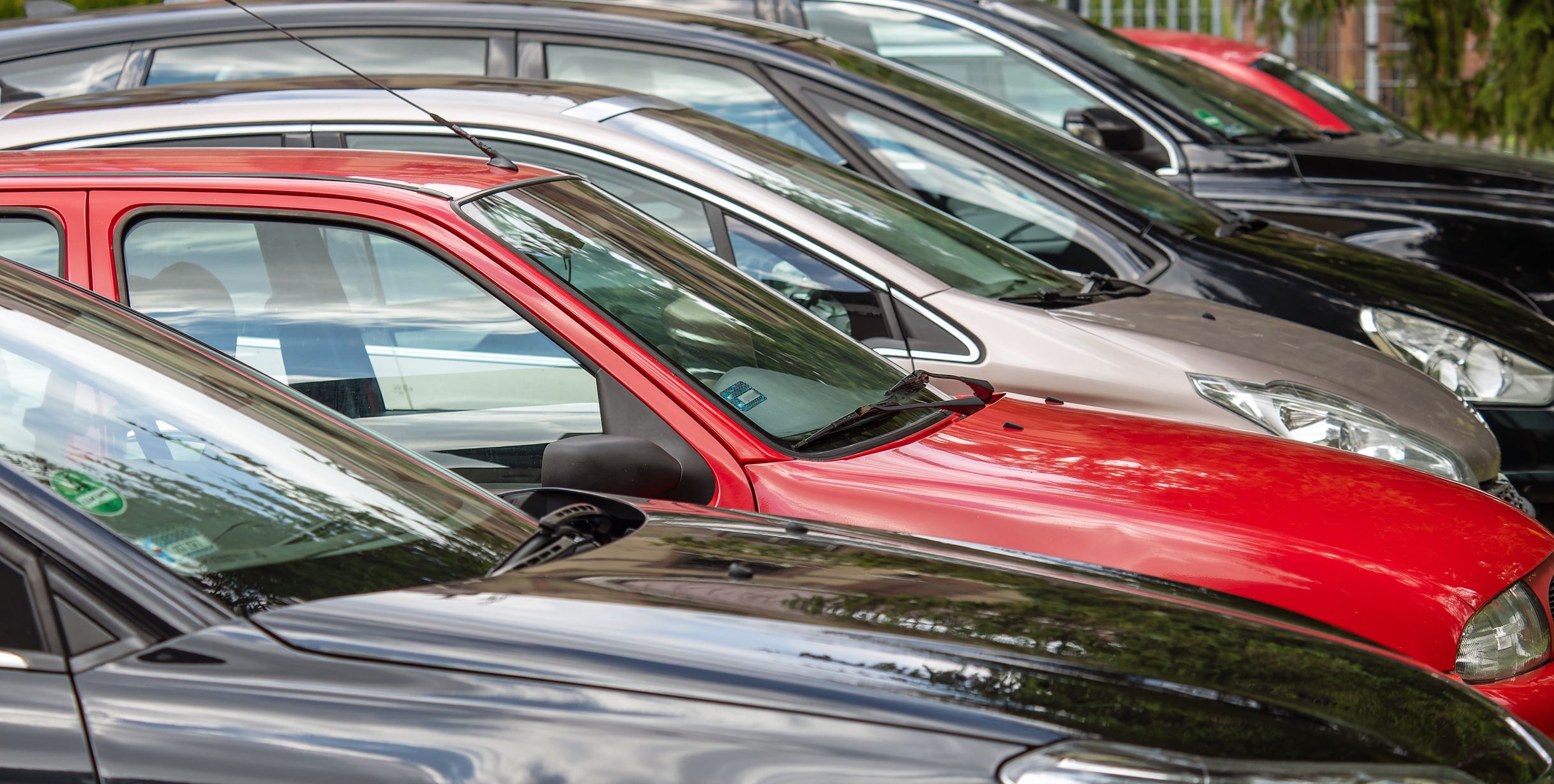
Over the course of a year, Americans collectively spend 70 billion hours behind the wheel. It’s no wonder that so many pour money into their cars. That said, it’s almost always a bad decision to splurge on your ride, especially if you’re just getting by. Instead of buying new or leasing, go for a used, reliable economy car with good gas mileage, like a Toyota Corolla or a Honda Civic.
7. Smoking
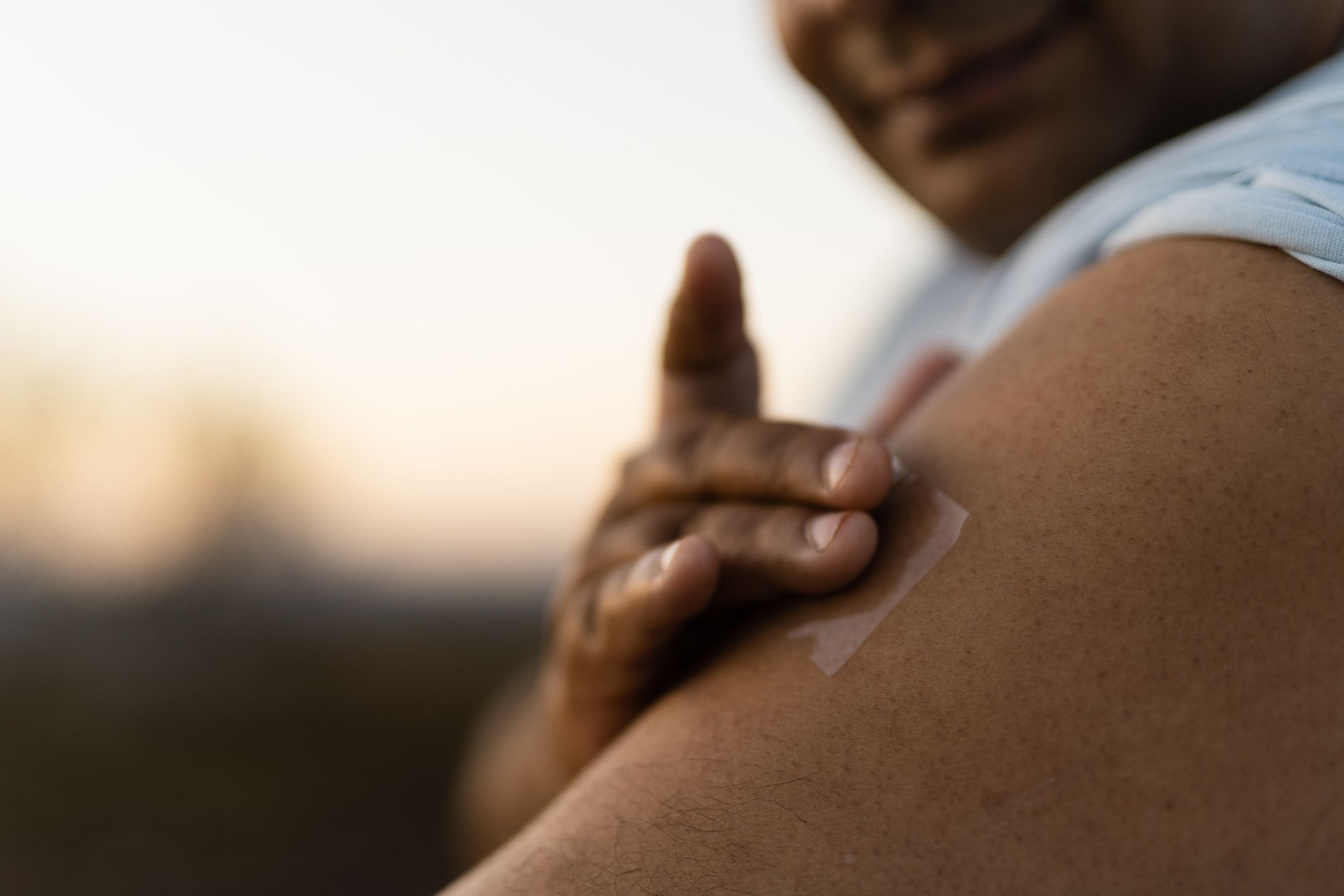
You may be addicted to nicotine, but if you’ve ever need motivation to stop, poverty should do the trick. The average smoker spends $1,916 per year on a pack of cigarettes a day. That doesn’t include all the breath mints and dry cleaning your habit usually includes. While nicotine patches aren’t cheap, if going cold turkey isn’t an option, tbey are a worthwhile expense.
8. High-Risk Investments
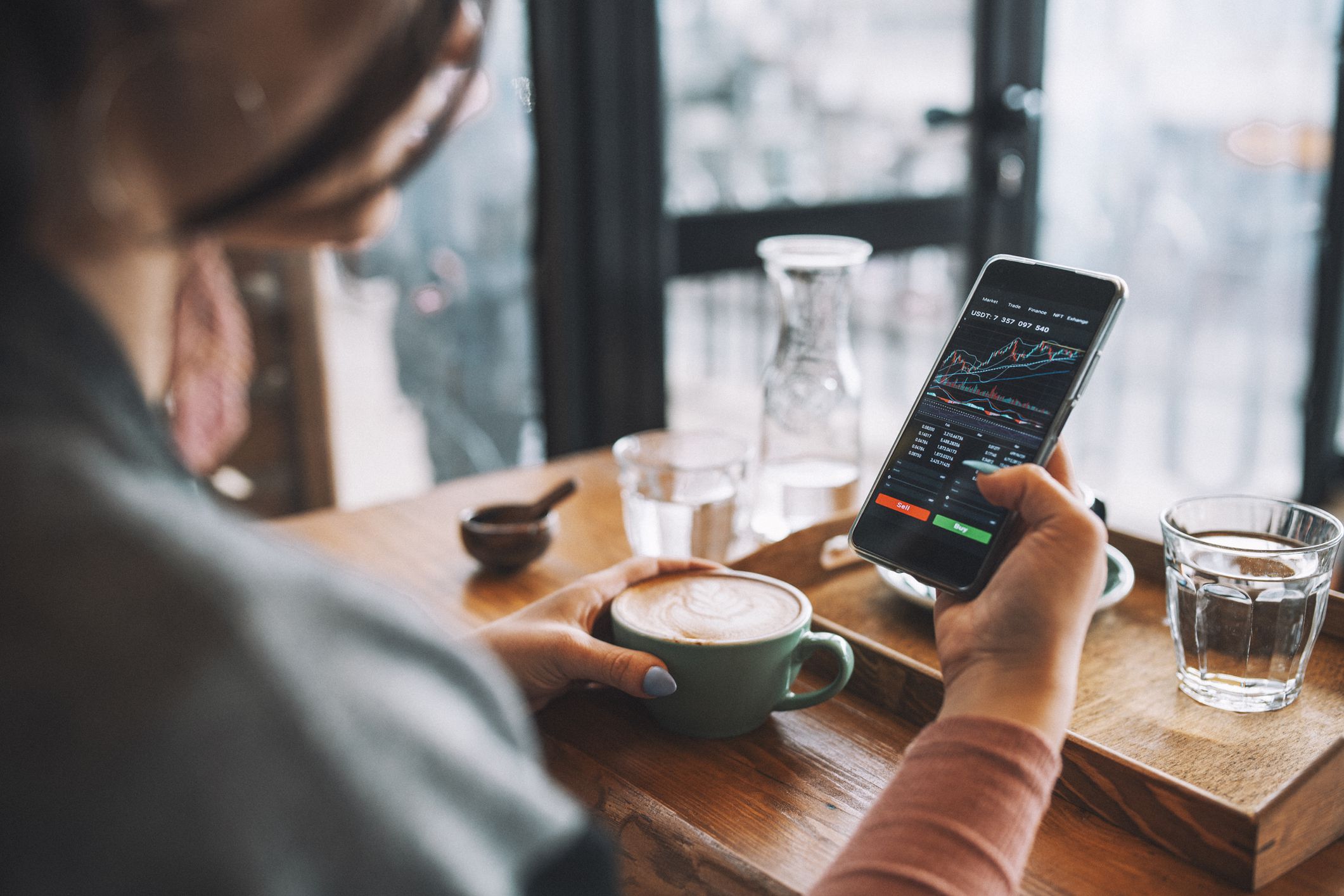
Look, we don’t care how convincing your blockchain-obsessed friend is. Buying an ugly NFT or a bunch of crypto is a terrible idea if you’re poor. And that goes for pretty much any high-risk investment. If you have extra cash stashed away, pay off debt, start an emergency fund, or invest in retirement instead.
Sign up for our newsletter
9. Lottery Tickets
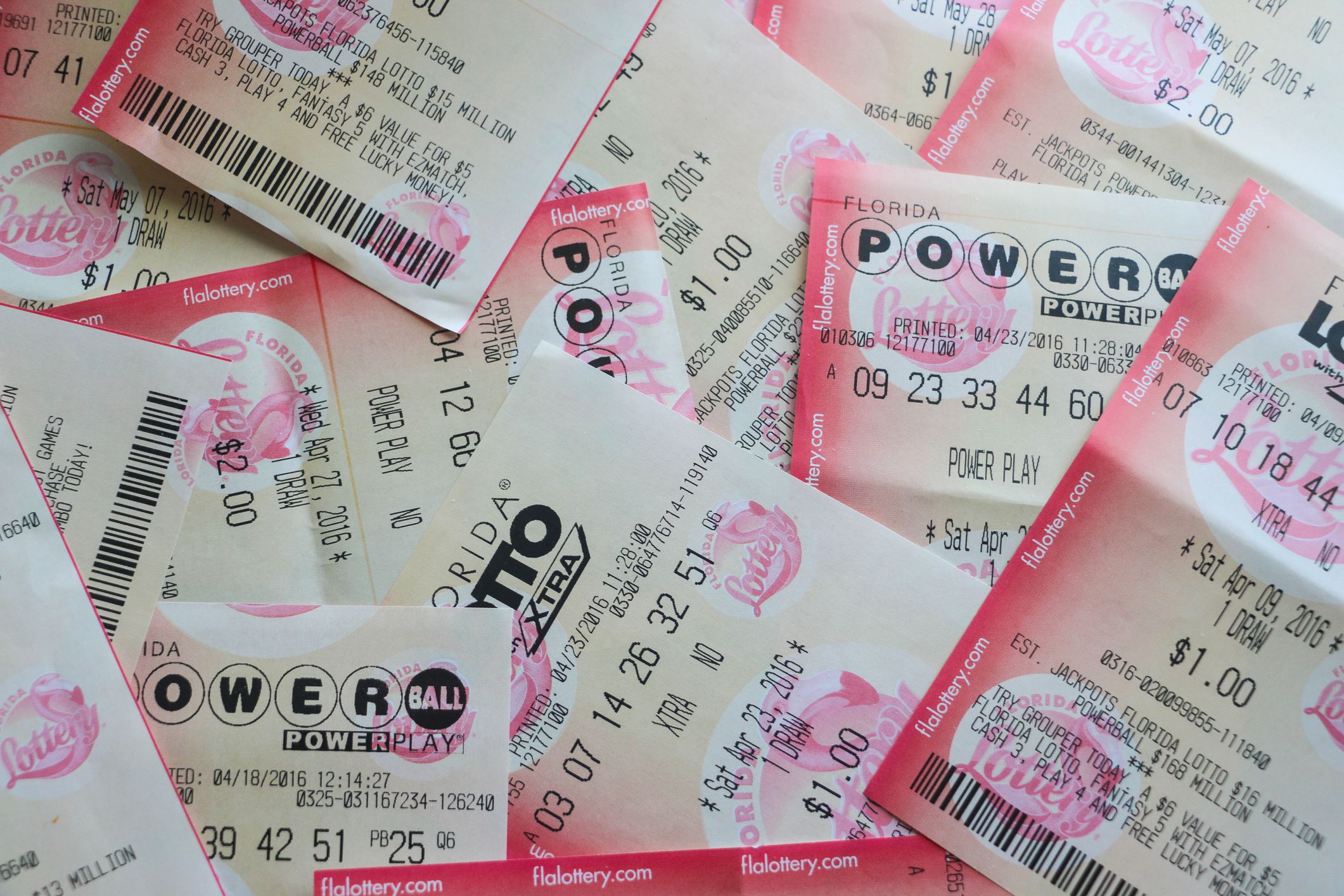
Like stocks, crypto, and other high-risk investments, gambling is a great way to lose a lot of money quickly. For instance, the odds that you’ll win the Powerball grand prize are 1 in 292.2 million. Put simply: Don’t throw away your money.
10. Unnecessary Subscriptions
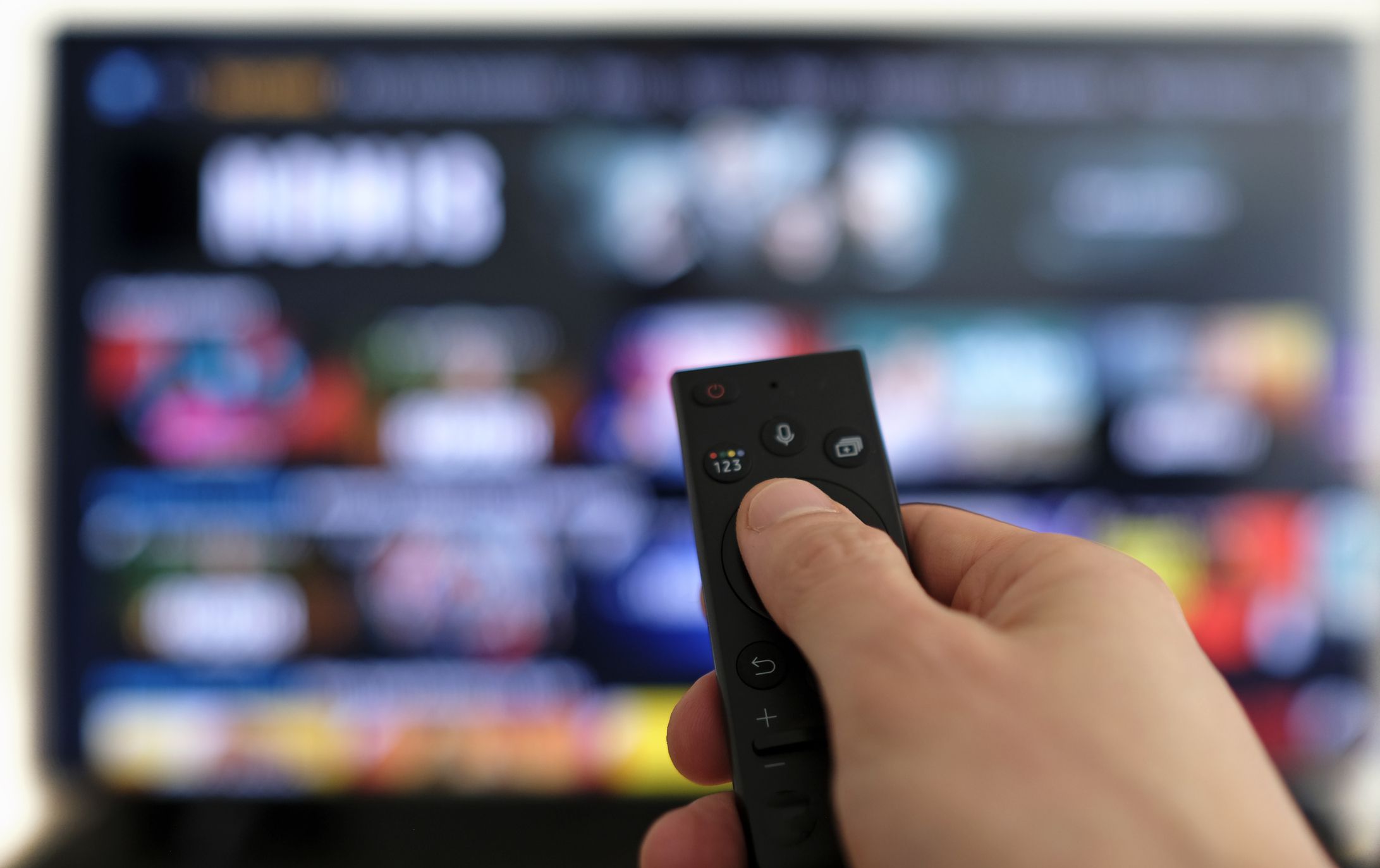
Folks on extra tight budgets should look into “churning” their subscriptions to save on their monthly bills. The idea is that you switch streaming services based on what shows you want to watch. Say, for example, you want to watch HBO’s “Succession.” First, wait until the entire season is out, then sign up for HBO. Once you’ve finished watching the series, cancel HBO and move on to another streaming service.
11. Convenience Foods
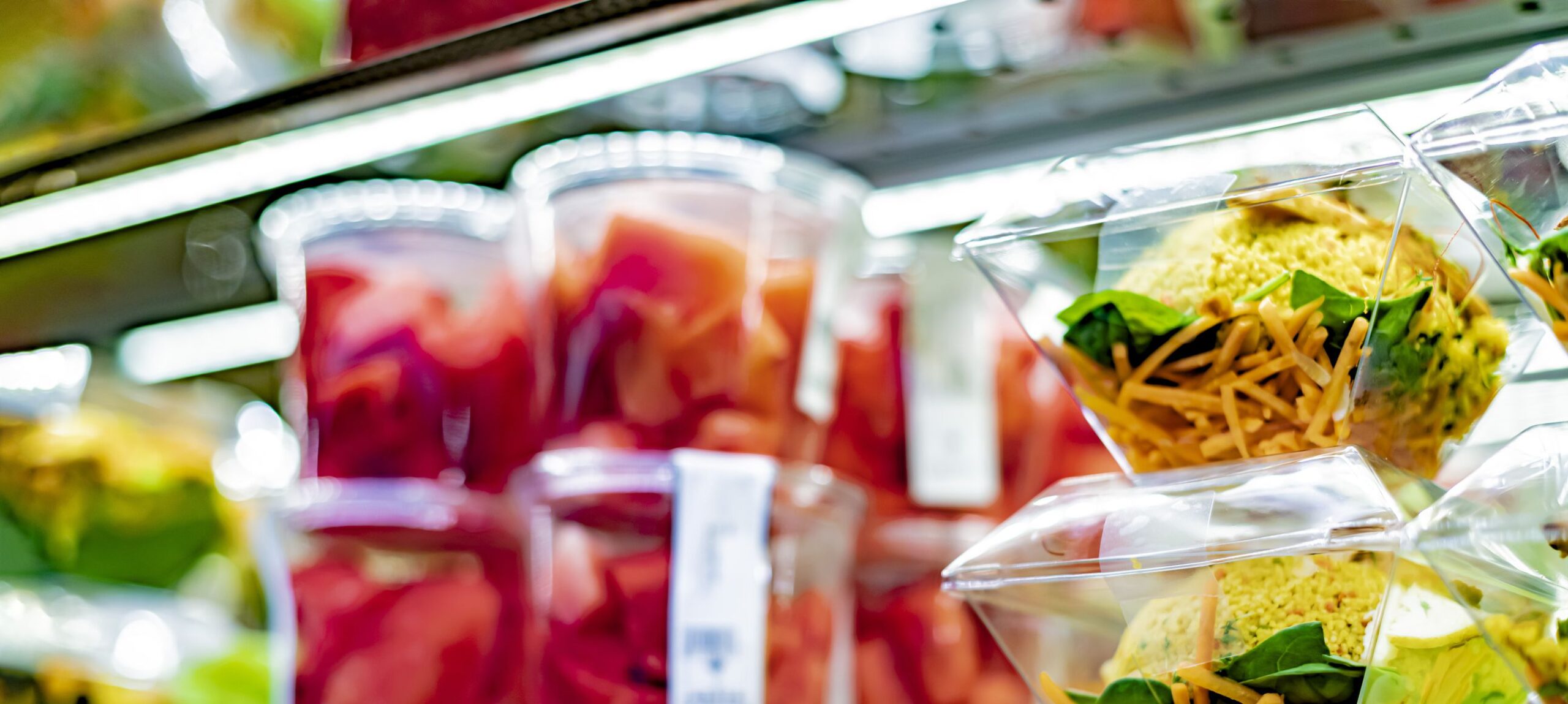
Pre-cut, pre-packaged, pre-washed, etc. — all of these convenience foods come with a premium. And if you’re pinching pennies, you’ll want to save some cash and do the prep yourself.
12. Brand-Name Products
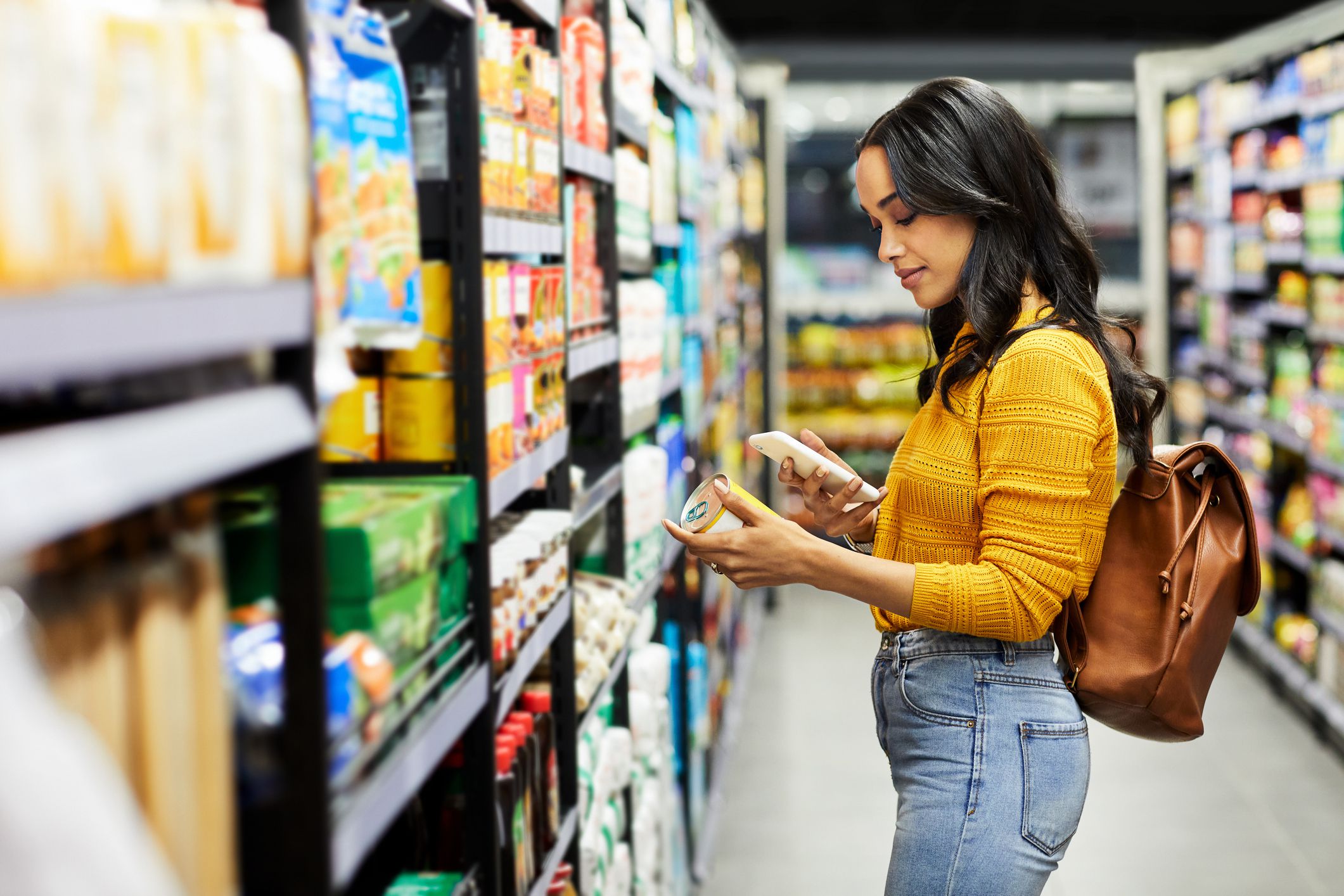
If you’re really trying to cut expenses, then buy generic, off-brand products. After all, many store-brand products — like Kirkland Signature coffee, batteries, and dog food — are brand-name items that have been repackaged at a steep discount.
13. Payday Loans
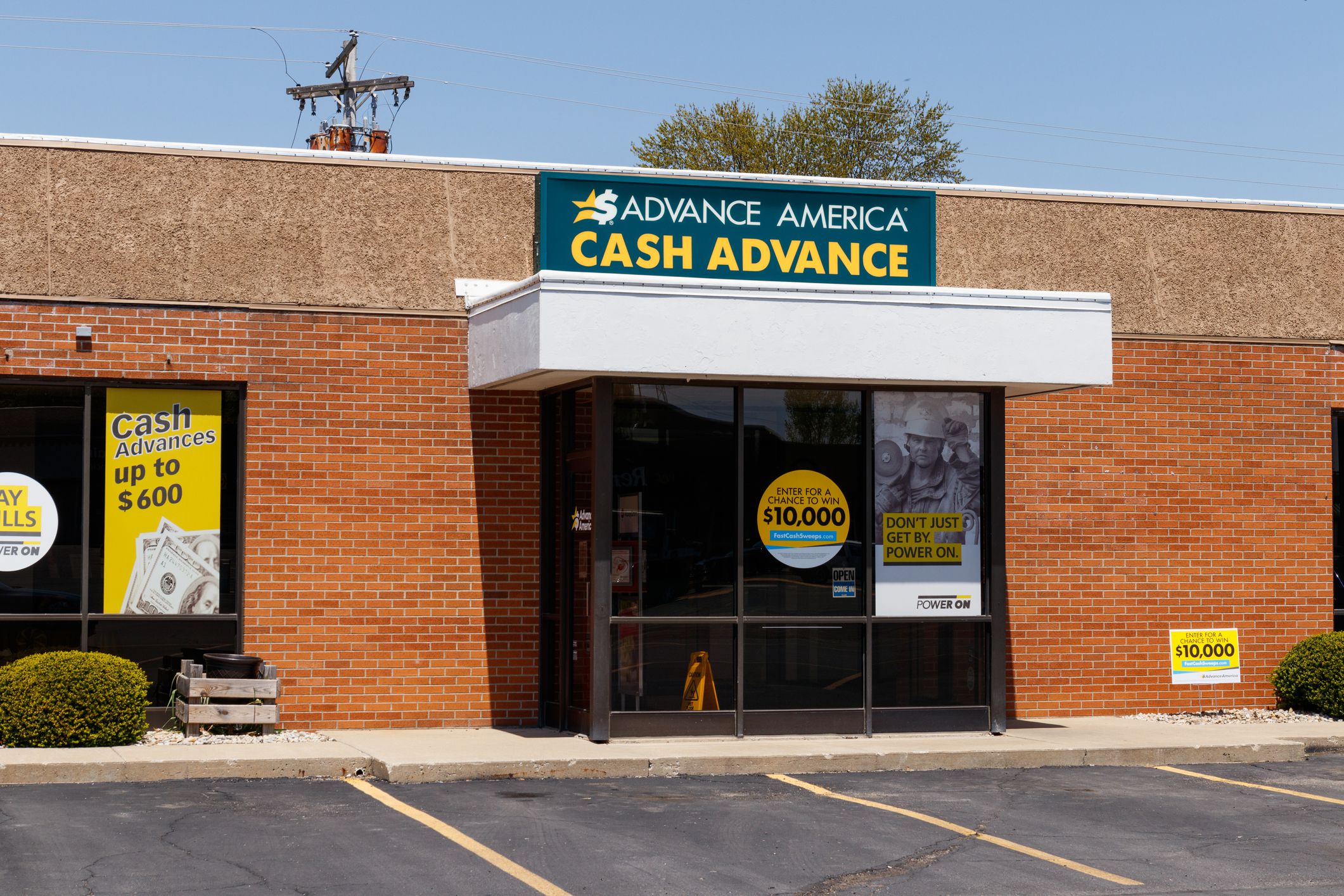
These short-term loans come with interest rates that are so astronomical — we’re talking as high as 600% — that they verge on daylight robbery. If you need money fast, try to get a personal loan or payroll advance instead.
14. Books

Forget Amazon and Barnes & Noble. Just take a trip to your local public library, which offers free books (duh) alongside other resources, such as audio and video streaming, career services, and workshops.
15. Bottled Water
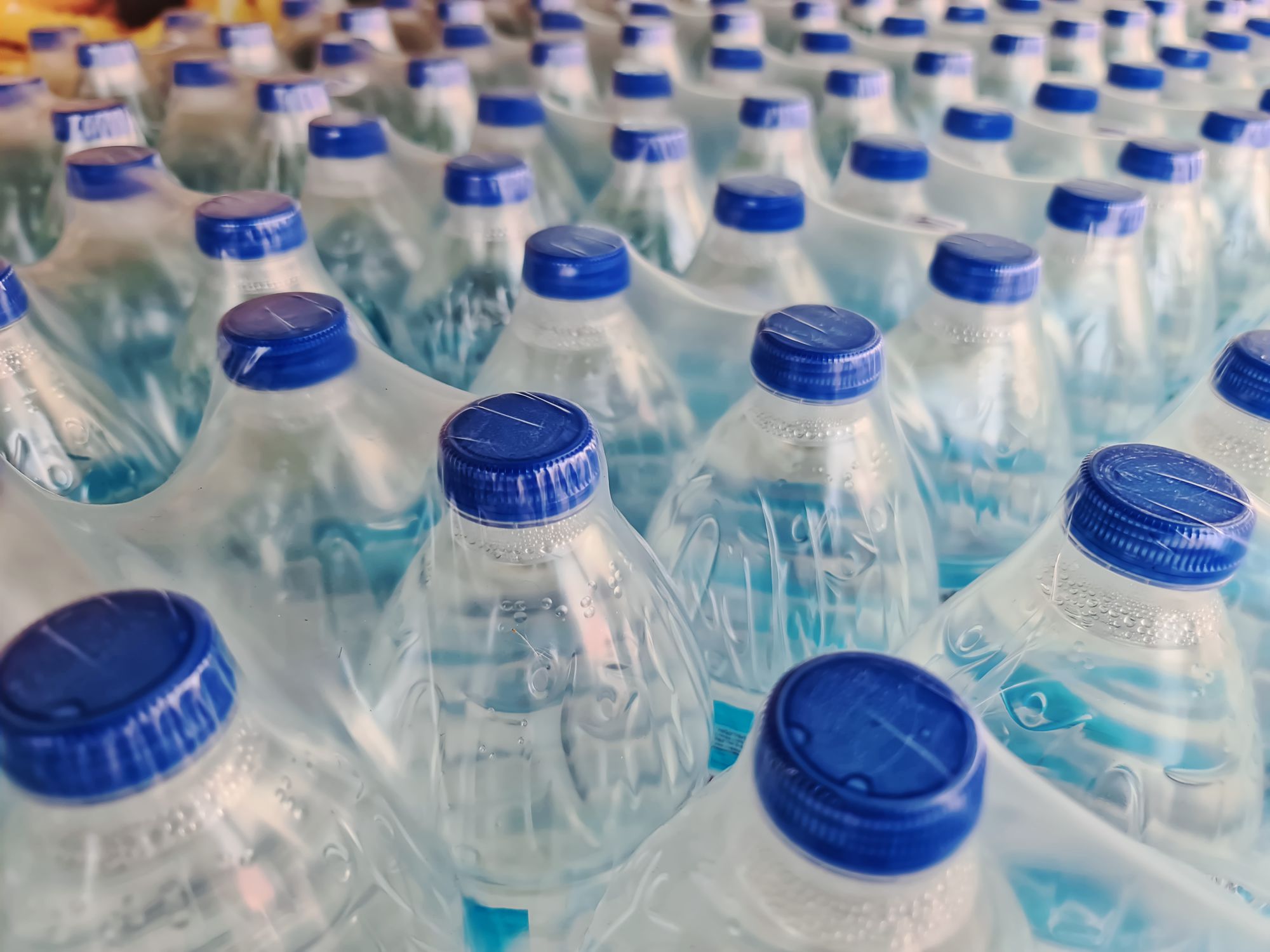
Although there are a few glaring exceptions, most tap water is safe to drink in the U.S. So save money, time, and the environment by kicking your bottled water habit. And if you must buy water, don’t fall for marketing scams.
